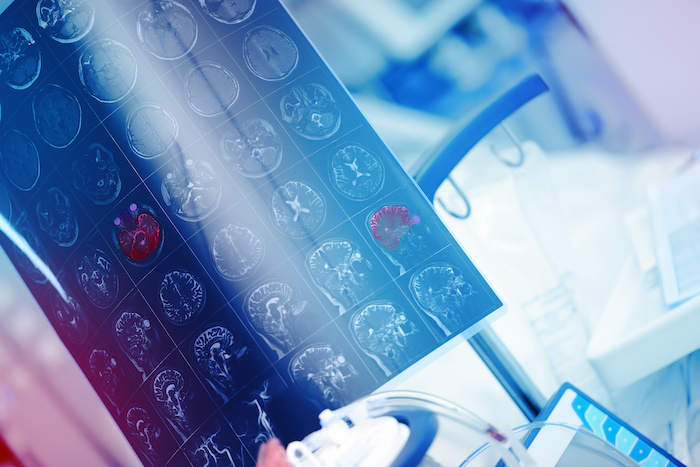
The 21st century has seen amazing progress on the front of understanding diseases that affect the central nervous system. Much of the research done has been targeted on gaining an insight into the disease process, distinguishing exactly which genetic mutations cause the disease to manifest and how these mutations progress to a pathological state.
In the case of Parkinson’s disease, we know that this mutation is of the LRRK2 gene. Much of the work done originally to combat this involves blocking this gene. However, early success was limited due to complications associated with early medications that specifically targeted it.
Because of this toxicity, researchers have started to work backward in their approach to combating the symptoms and effects of Parkinson’s disease. This has been done by going back to medications used for other conditions, such as asthma and metabolism maintenance in the stomach, and looking at the potential benefits these medications have when combating Parkinson’s.
A great deal of the focus of these medications is to slow or stop the breakdown of nerve signals, the symptom most commonly associated with the disease, as well as maintaining a healthy gut as there has been increasing speculation on whether the LRRK2 gene targets the gut or the brain initially. There has been a great deal of work in recent years that looks at the association between the gut and the brain, hence the push for probiotics as a means of combatting mental health. It is believed that the pathological state of Parkinson’s disease may follow a similar avenue of convection.
Another avenue of treatment that has gained significant traction is limiting the inflammatory issues that target the nervous system in a diseased state. The approach to limiting this and potentially slowing the progression of symptoms has been taken by incorporating medications that were originally designed for combating autoimmune disorders, showing strong signs of early success across clinical trials.
While there is not yet a cookie-cutter treatment approach to significantly slowing the progression of Parkinson’s disease, it is optimistic to believe that the next ten years could see significant progress. The prognosis for slowing the progression of Parkinson’s is increasingly hopeful due to the innovation guiding new treatment options and medication development.
About Regional Neurological Associates
At Regional Neurological Associates, we combine neurology and psychiatry to provide you with the most unique and comprehensive care. Our expert team is dedicated to state-of-the-art individualized care and stays up-to-date on the latest advances for the treatment of neurological conditions including Parkinson’s disease.
If you are experiencing the symptoms of Parkinson’s disease or are living with the disease and would like a second opinion regarding your treatment plan, call Regional Neurological Associates at (718) 515-4347 to schedule an appointment today. One of our expert physicians will review your medical history and conduct a comprehensive neurological examination. With an accurate diagnosis and proper care, maintaining a great quality of life with Parkinson’s Disease is possible.


